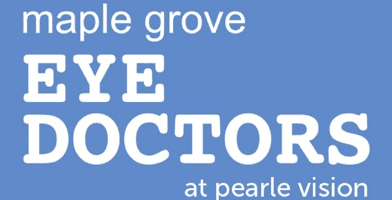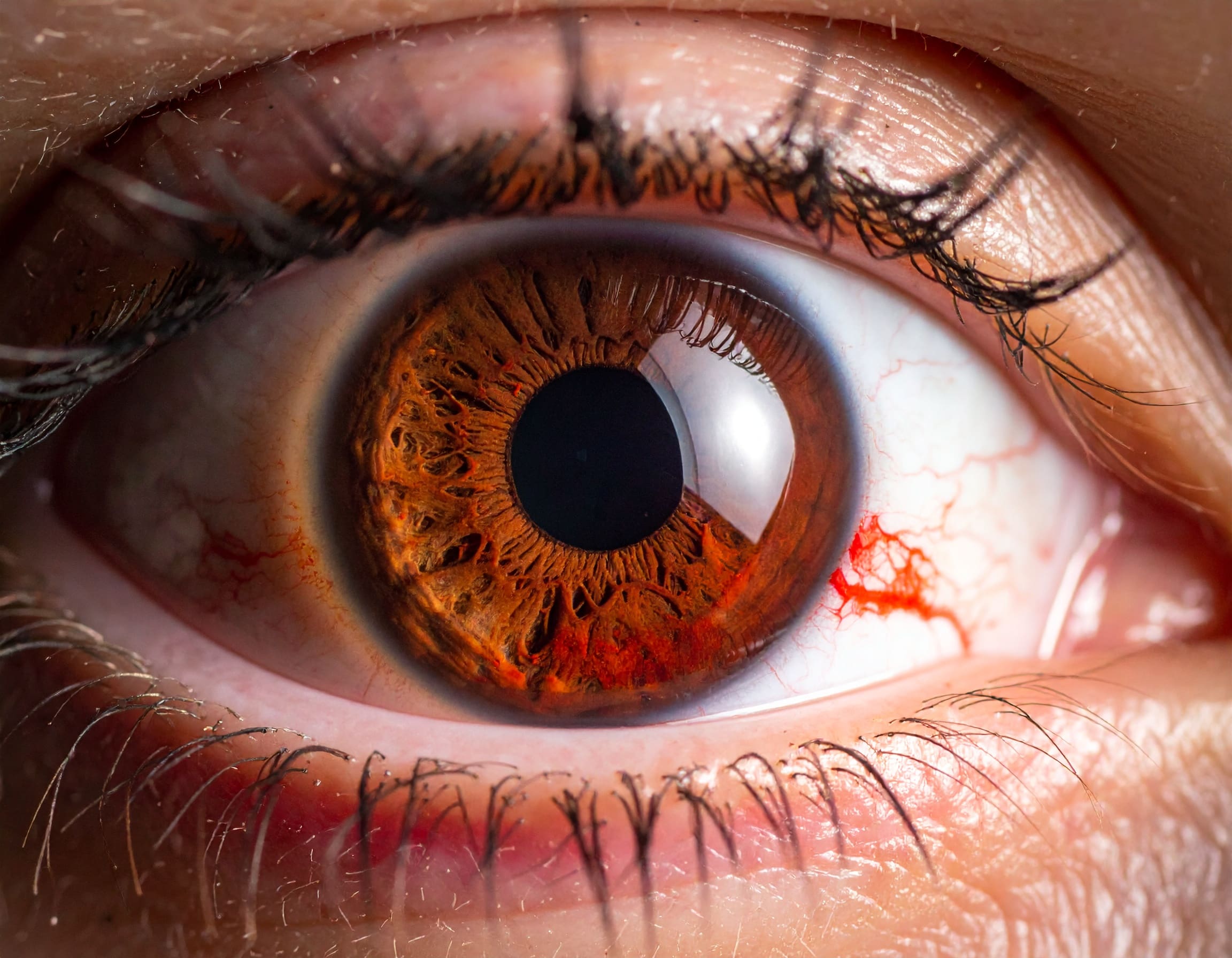Are your headaches persistent and concerning? Glaucoma, often called “the silent thief of sight” due to its lack of symptoms, might hold the answer. However, there are numerous types of glaucoma, and some of these are associated with headaches. So, is your headache glaucoma-related? At Maple Grove Eye Doctors, we will take a more in-depth look at the connection between sight-stealing glaucoma and persistent headaches.
Acute Glaucoma and Headaches
Headaches are often associated with acute types of glaucoma, such as acute close-angle glaucoma, where inter-ocular pressure increases. This leads to headaches, which are usually felt across the brow line or the eyes themselves. The pain may vary from mild to severe and may be accompanied by nausea and vomiting. Glaucoma-related headaches are sometimes mistaken for migraines. While the primary association between glaucoma and vision is well known, its impact can be far-reaching, extending beyond vision impairment. Several studies link glaucoma to cardiovascular problems, diabetes, high blood pressure, and sleep apnea.
The Importance of Eyecare
Glaucoma is a group of eye diseases that can damage the optic nerve, resulting in permanent vision loss. Its symptoms are unnoticeable, and when they start to get noticed, it usually means you are in the latter stages of the disease. Some initial complications might include sensitivity to light, seeing halos around lights, excessive tearing, enlarged eyes, and hazy cornea.
That is why seeing an eye doctor and getting eye care is essential. While glaucoma has no cure and no treatment can restore lost vision, an annual eye exam can help prevent its onset and protect your precious vision for life. Besides, exercising regularly reduces eye pressure. A balanced diet supports eye health. Limiting caffeine slows down vision changes and keeps eyes disease-free.
While you are seeing your eye doctor, do not hesitate to ask questions. If you experience persistent headaches, vision changes, or other associated problems, bring them up during your appointment. Express any concerns. Your optometrist is there to help and guide you. The more you and your doctor understand each other, the better guidance you will receive.
Staying Informed
In the battle against this silent thief of sight, one of your most potent weapons is information. Being aware not only helps you understand the condition but equips you to make the best decisions for your eye health. It can also help you support a loved one in need.
What you must do? Stay up-to-date with the medical history of your family (immediate and distant) members, as glaucoma can be hereditary. Educate yourself on risk factors such as age, ethnicity, and injuries that can increase the likelihood of developing glaucoma. You might also want to join any local or online support groups to navigate the challenges put forth by glaucoma.
By staying informed and proactive, you are taking a strong step towards safeguarding your vision against glaucoma. Remember that knowledge isn’t just your power; it is your vision protector, too.
Relieving Any Symptoms
For those diagnosed with glaucoma, it is crucial to understand that while the disease itself is chronic, there are several effective ways to manage the symptoms. These methods primarily focus on reducing intraocular pressure (IOP), the leading risk factor for glaucoma progression.
One of the most commonly prescribed treatments for glaucoma is using pressure-lowering eye drops. These decrease the amount of fluid produced in the eye or increase its outflow, thus reducing the intraocular pressure. Make sure to consult a specialist, as they can suggest the most suitable eye drops for your specific needs. You might also be recommended to use mild steroid eye drops judiciously, lowering any inflammation and IOP.
Oral or intravenous (IV) acetazolamide is another effective method that works to reduce the production of aqueous humor. It might be administered in a pill form or intravenously for faster results. This again helps in decreasing the eye pressure.
For severe cases, and if your situation allows, laser peripheral iridotomy can also help. It is an outpatient procedure where specialists create a small hole in the peripheral iris with a laser for fluid to flow freely within the eye. Another procedure that helps in emergencies is anterior chamber paracentesis. But this won’t be suitable for all. Your doctor shall be able to assist you with your options.
In short, glaucoma care is a collaborative process. A close partnership between you and your eye doctor is crucial for optimal outcomes. Regular follow-ups also help to monitor the progression of the condition and adjust treatments accordingly.
Protect Your Eyes with Us
Our dedicated team of eye doctors has treated glaucoma for many years. If you are in search of an eye doctor who can provide comprehensive vision care for your entire family, look no further.
The Maple Grove Eye Doctors team offers eye exams for all ages and can treat various eye problems and diseases, including glaucoma. When you first visit our office, our optometrist will assess your condition to determine whether or not your headaches are due to glaucoma and recommend treatment accordingly. If your headaches are linked to glaucoma, we will recommend appropriate treatments to ease your discomfort.
Call us at (763) 416-0622 for more information or to Schedule an Eye Exam today! We are fully dedicated to preserving your eyesight and enhancing your quality of life. You can trust us to be your partners in complete eye health.





